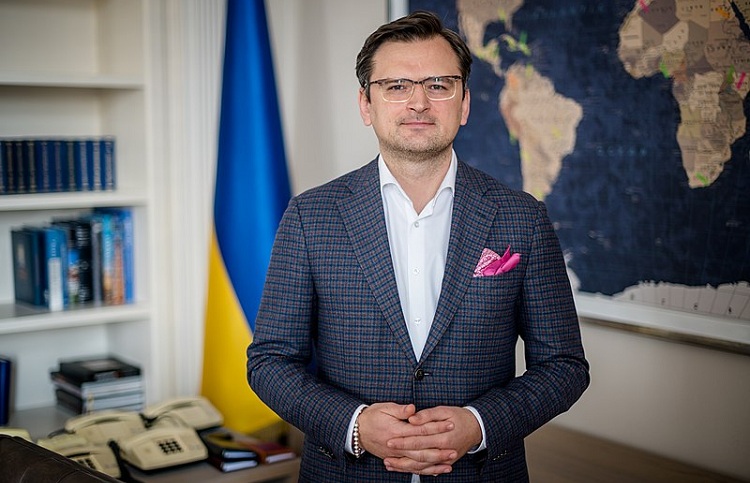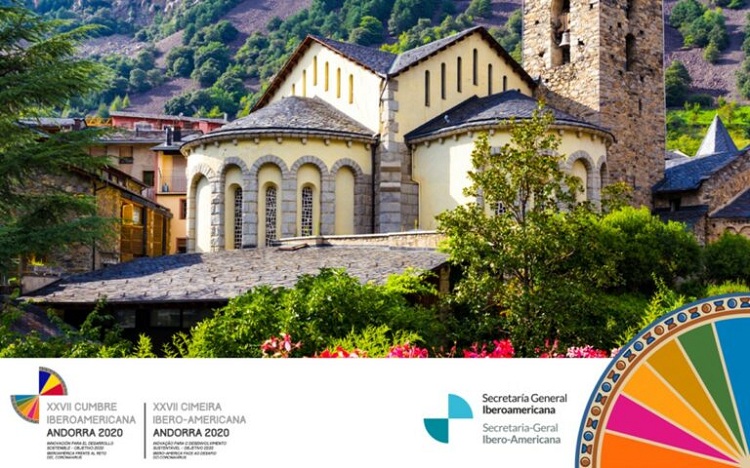Eduardo González
The situation in Ukraine will be the highlight of the informal meeting of EU foreign ministers, to be held today via videoconference, where the head of Spanish diplomacy, Arancha González Laya, hopes to achieve a broad consensus in favor of a dialogue solution to the conflict with Russia.
The Foreign Affairs Council (FAC), convened by the EU High Representative, Josep Borrell, will review the main current international issues, especially the latest developments in Georgia, India, Myanmar and Mozambique, as well as progress in the negotiations of the Joint Comprehensive Plan of Action (JCPOA). In addition, the European ministers will exchange views on Ethiopia and Ukraine and hold an informal exchange of views with Ukrainian Foreign Minister Dmytro Kuleba.
Kuleba also participated last Tuesday in the NATO-Ukraine Commission meeting, during which the allies reiterated their support for Ukraine’s sovereignty and territorial integrity and expressed concern over Russia’s military buildup near the borders and continued ceasefire violations in eastern Ukraine by Moscow-backed militias.
A day after the NATO meeting, González Laya had a telephone conversation with Kuleba, to whom he conveyed his “deep concern” about ceasefire violations in Donbass in eastern Ukraine (the scene of armed clashes since 2014 between pro-Russian separatists and the Ukrainian Army), and for “the buildup of Russian troops along the border with Ukraine and in the illegally annexed Crimean peninsula”, which contravene commitments made in the 2011 Vienna Document, which obliges OSCE states to consult and cooperate with each other about “any unusual and unplanned activities of their military forces outside their normal peacetime locations.”
In the same conversation, González Laya assured that he would address these issues again at the informal meeting of EU Foreign Ministers. In this regard, Spanish diplomatic sources assured that the Minister’s objective is to convey the Spanish position in favor of containment and de-escalation in the region and of a dialogue-based solution through the OSCE Trilateral Group (Russia, Ukraine and the OSCE) and the Normandy Quartet (Germany, France, Russia and Ukraine), the two main platforms for consultations to resolve the conflict in eastern Ukraine.
The same sources indicated that Spain hopes that a consensus will be reached among all European partners around these points, a consensus that should be “broad” if one takes into account “the overlap between NATO and EU members” and the unanimity shown last week by the allies in relation to the conflict between Ukraine and Russia.






